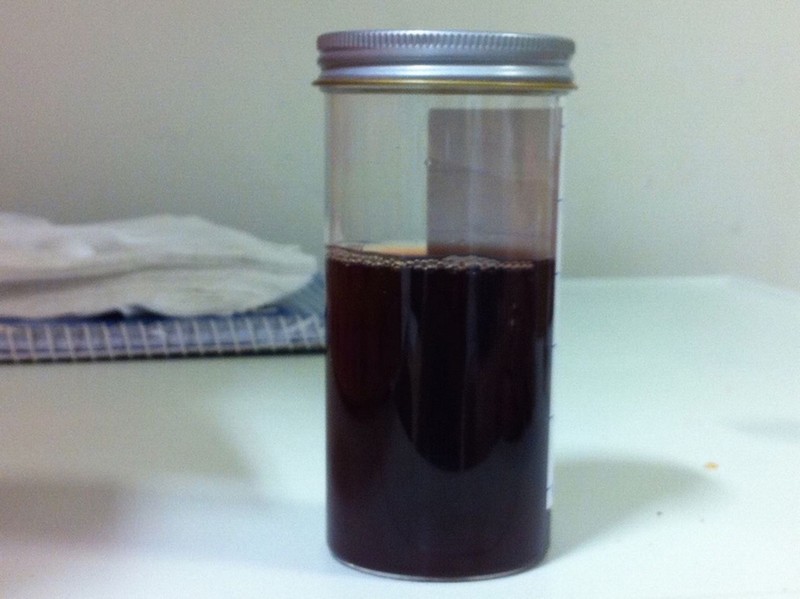Dark Urine and Black Stool

The scars of the liver hinder the passage of bilirubin in the bile ducts. This results in high levels of bilirubin build-up in the liver, leading to several health complications. One common symptom that indicates such a problem is dark urine. Urine is considered dark if it resembles concentrated orange juice or dark cola. The dark color results from unfiltered toxins and bilirubin build-ups in the blood. Aside from being dark-colored, the volume of a person with cirrhosis is also below average. A normal person has an output of 1 to 2 liters of urine per day, while people with cirrhosis only produce up to 500 ml.
Patients with cirrhosis also experience constipation and tarry stools. Tarry or black stools usually have a foul odor. This indicates a severe problem in the person’s digestive tract. Patients with cirrhosis may suffer from internal bleeding, especially in the stomach, colon, and small intestines, because of the heightened blood pressure in the portal vein. In addition, cirrhosis can also cause extreme pain to the patient while defecating.
Patients with a history of liver-related diseases should watch out for dark urine and black stools. These are indications of liver infections, cirrhosis, and cancer. These can happen to anyone, regardless of gender and age.










